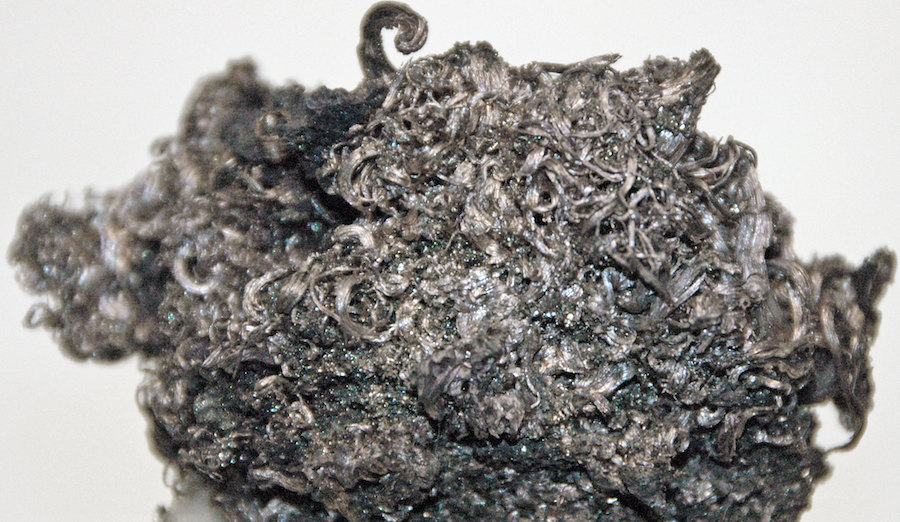
Led by a team at the University of California – Los Angeles, the study is focused on the bacteria genus Shewanella, which can grow and thrive in all types of environments — including soil, wastewater and seawater — regardless of oxygen levels.
Once inside the bacteria, silver particles act as microscopic transmission wires, capturing more electrons produced by the bacteria
Shewanella species naturally break down organic waste matter into smaller molecules, with electrons being a byproduct of the metabolic process. When the bacteria grow as films on electrodes, some of the electrons can be captured, forming a microbial fuel cell that produces electricity.
However, microbial fuel cells powered by Shewanella oneidensis have previously not captured enough currents from the bacteria to make the technology practical for industrial use. Few electrons could move quickly enough to escape the bacteria’s membranes and enter the electrodes to provide sufficient electrical currents and power.
To address this issue, the researchers added nanoparticles of silver to electrodes that are composed of a type of graphene oxide. The nanoparticles release silver ions, which bacteria reduce to silver nanoparticles using electrons generated from their metabolic process and then incorporate into their cells. Once inside the bacteria, the silver particles act as microscopic transmission wires, capturing more electrons produced by the bacteria.
“Adding the silver nanoparticles into the bacteria is like creating a dedicated express lane for electrons, which enabled us to extract more electrons and at faster speeds,” Xiangfeng Duan, the study’s co-corresponding author, said in a media statement.
With greatly improved electron transport efficiency, the resulting silver-infused Shewanella film outputs more than 80% of the metabolic electrons to an external circuit, generating power of 0.66 milliwatts per square centimetre — more than double the previous best for microbial-based fuel cells.
With the increased current and improved efficiencies, the research showed that fuel cells powered by silver-Shewanella hybrid bacteria may pave the way for sufficient power output in practical settings.




